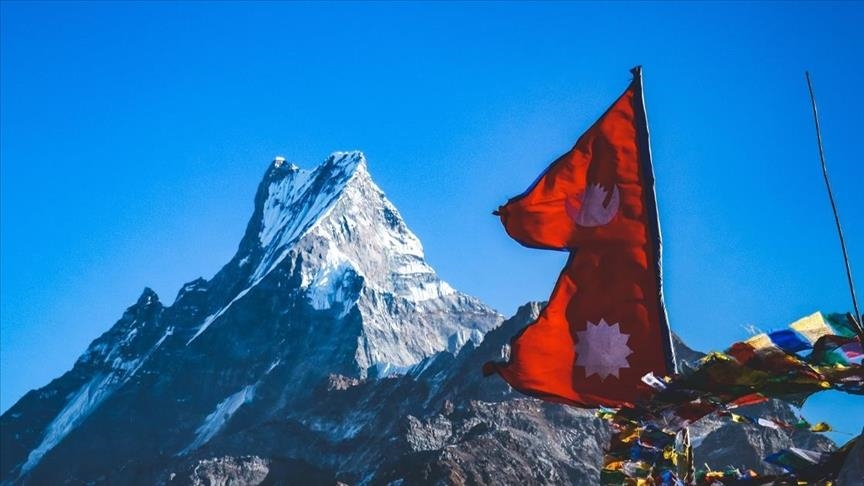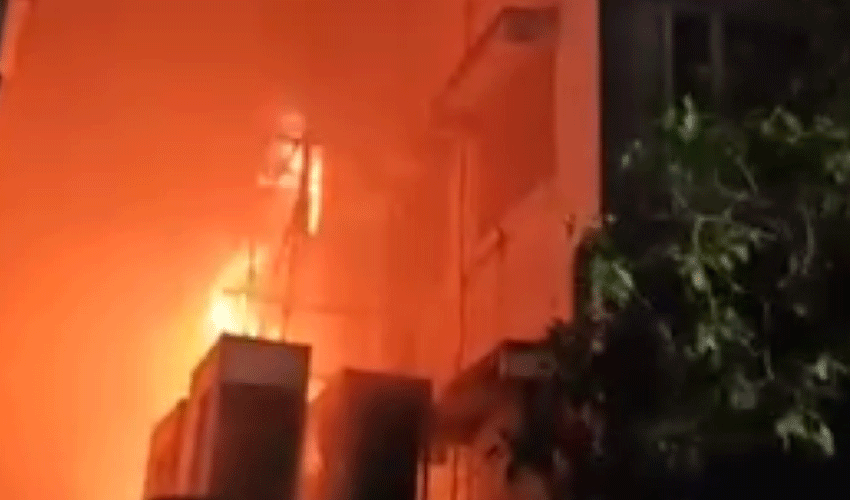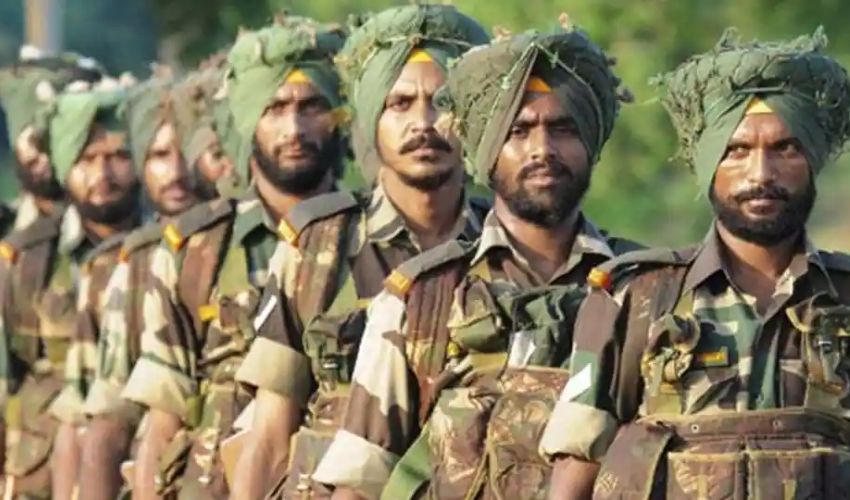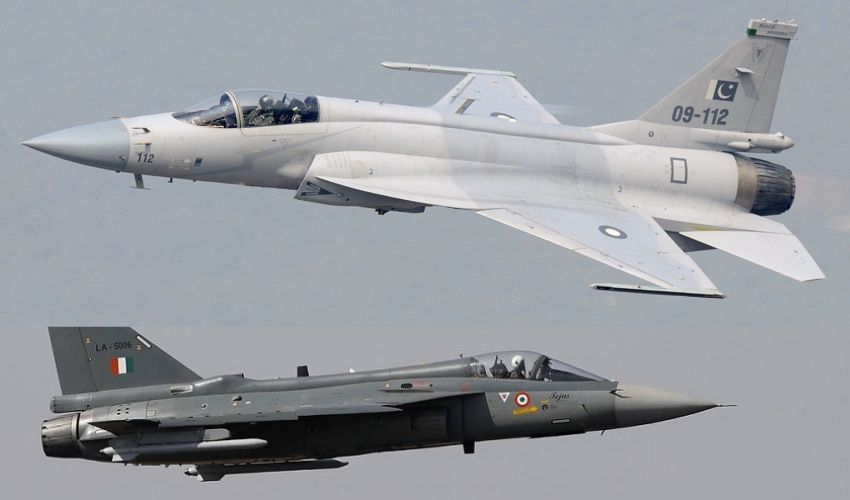A lawyer confirmed on Friday that the government of Nepal has been ordered by the Supreme Court to restrict the number of mountaineering permits granted for Everest and other peaks, just as expeditions get ready for the spring climbing season, according to AFP.
Eight of the ten highest peaks in the world are located in the Himalayan region, which attracts hundreds of travellers each spring when the weather is pleasant and the winds are usually calm.
Though the summary was released this week, the verdict was rendered in late April.
Lawyer Deepak Bikram Mishra, who had petitioned for the restrictions to be lifted, told AFP that the court had acted in response to popular concerns regarding the environment and mountains of Nepal.
Mishra said, “It has ordered a limit to the number of climbers... and also given measures for waste management and preservation of the mountain’s environment.”
The summary of the ruling does not specify a limit on the total number of permits granted, nor has the entire language of the verdict been made public.
Currently, Everest, the highest peak in the world at 8,849 meters (29,032 feet) above sea level, is accessible to anyone who applies and is ready to spend $11,000 for a permit from Nepal.
A record 478 permits were given by the country for Mount Everest last year.
Teams were forced to wait for hours at the peak in the bitter cold in 2019 due to a severe human traffic jam on Everest, running the risk of low oxygen levels, which can cause fatigue and illness.
Overcrowding was cited as the cause of at least four of the 11 fatalities that occurred at that year's peak.
‘Give it some respite’
Mishra said, “We are pressuring the mountain too much and we need to give it some respite.”
The court ruling also places limitations on using helicopters for anything other than emergency rescues.
Mountaineering teams have been airlifted to base camps and across dangerous terrain regularly in recent years because of helicopters.
According to Nima Nuru Sherpa, president of the Nepal Mountaineering Association, such choices must be taken with careful consideration and stakeholders' input.
“It is not clear right now how it will impact the industry. We don’t know on what basis the limits will be made and how will this be divided among expedition operators,” Sherpa said.
“Our focus should instead be on how we can make the mountains safer.”
So far this year, Nepal has granted permits to 945 climbers for its mountains, including 403 for Everest.



























